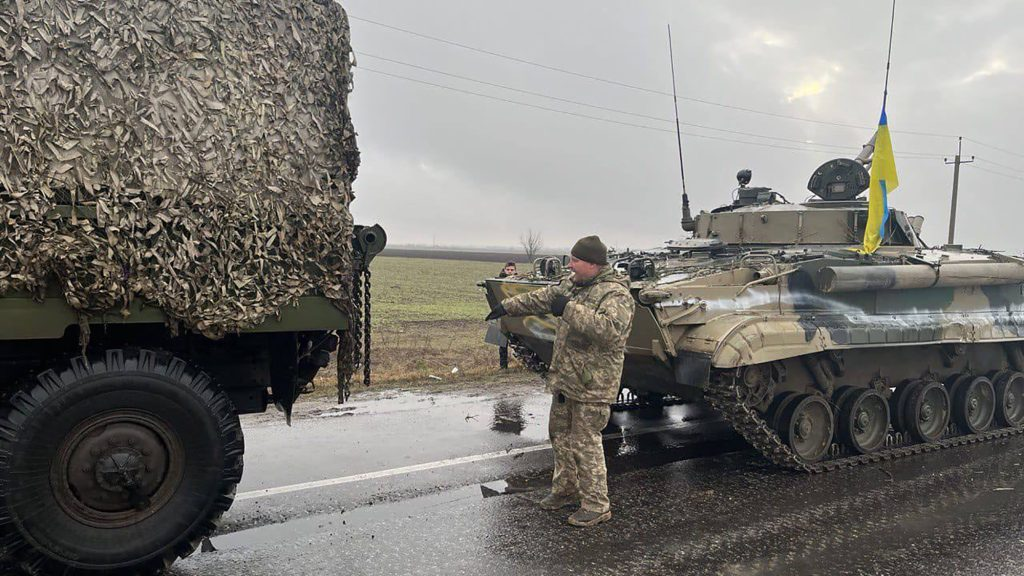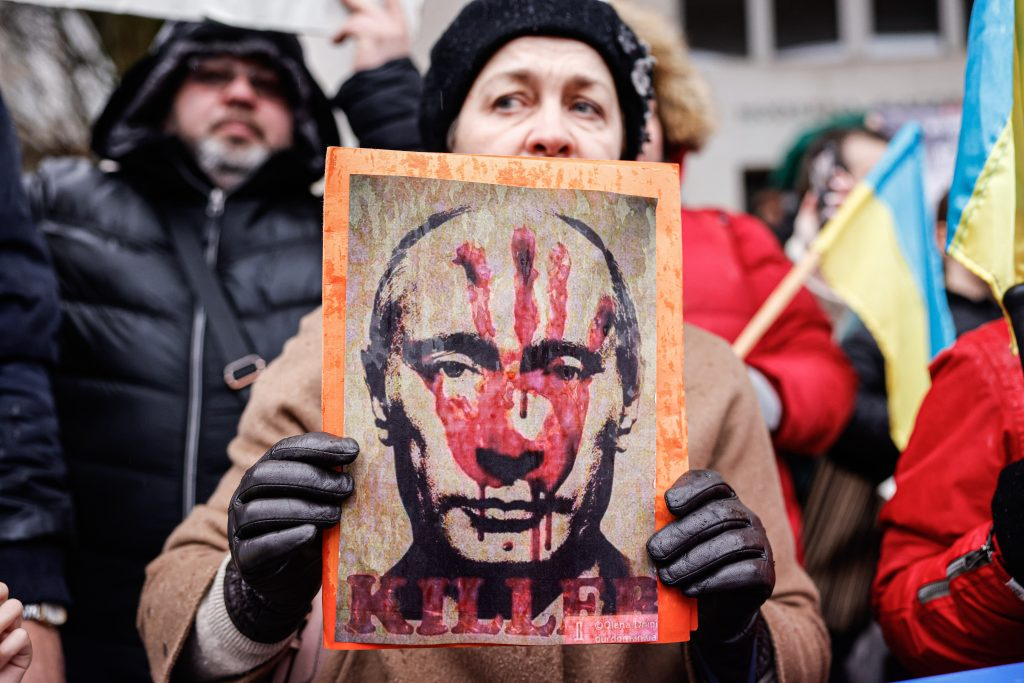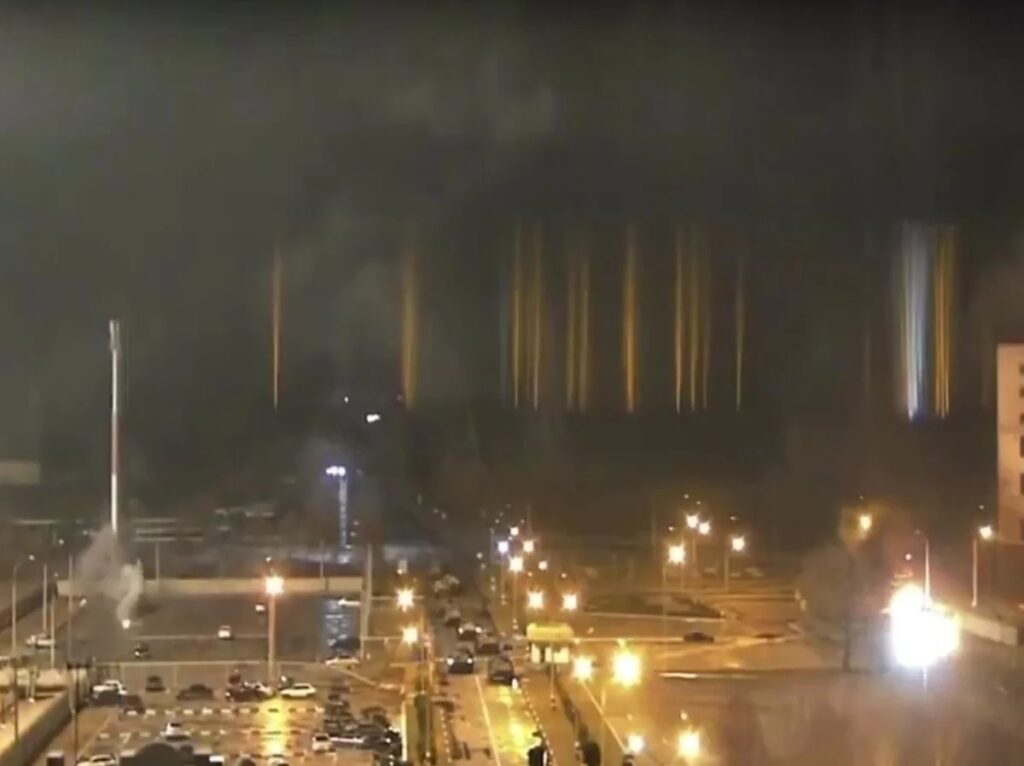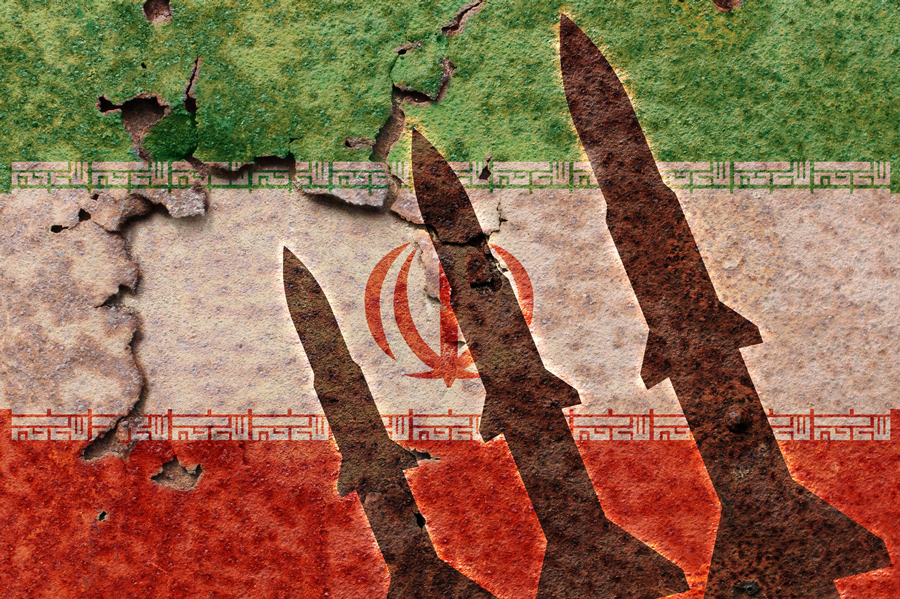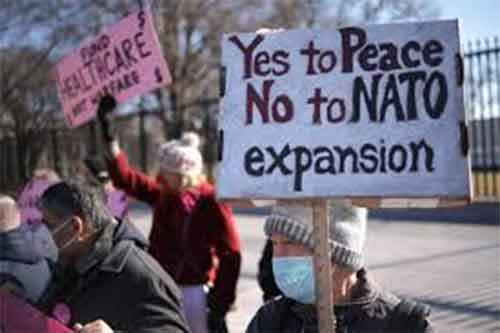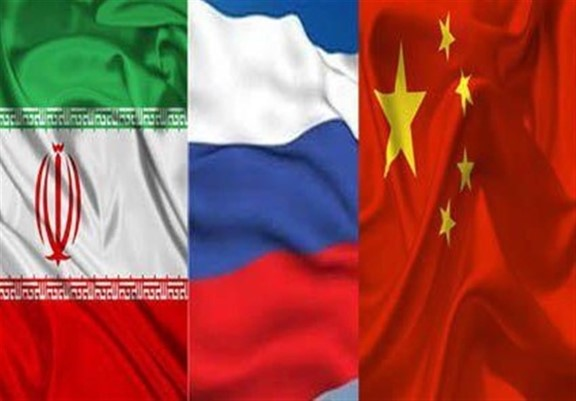As Qatar becomes a non-NATO ally, greater responsibility conveys with the status

On January 31, US President Biden told the Emir of Qatar, Tamim bin Hamad Al Thani, that the United States would nominate Qatar as a “Major Non-NATO Ally” (MNNA). This status recognizes the bilateral security cooperation between the United States and Qatar has matured to the level beyond the already deep defense partnership rooted in the foundational 1992 Defense Cooperation Agreement, which enables US military access to Qatari military facilities, allows prepositioning of US armor and other military materiel, and supports US training of Qatar’s military forces. The status as a MNNA recognizes Qatar’s growing responsibility as a strong and enduring US partner in countering violent extremism, combating terrorism, and deterring external aggressors.


